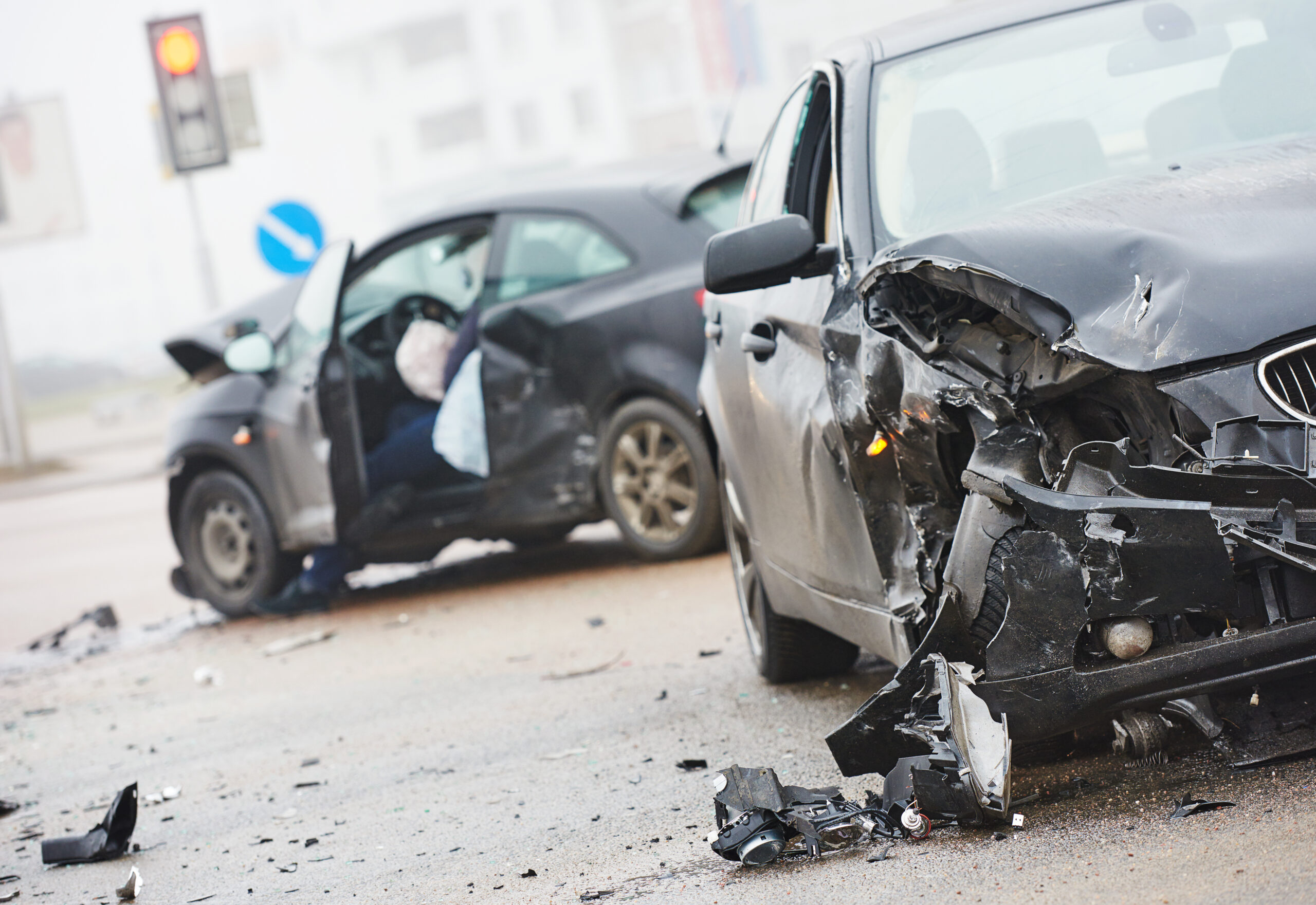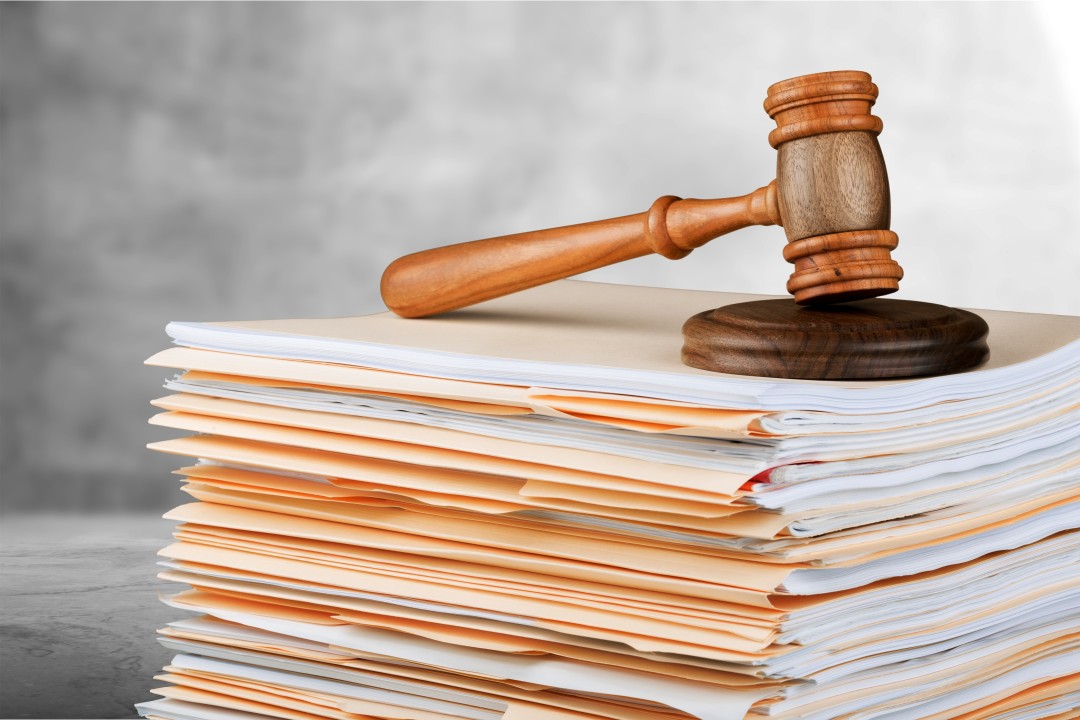In today’s digital age, social media is an integral part of daily life for most people. Whether sharing a picture, updating a status, or connecting with friends and family, platforms like Facebook, Instagram, and Twitter keep us connected. However, regarding legal matters—especially car accident claims—social media can be a double-edged sword. If you’ve been involved in a car accident and are pursuing a claim, it’s essential to understand how social media activity can potentially impact your case.
Below, we’ll dive into why social media matters in car accident claims, how insurance companies use it to investigate, everyday social media mistakes that could harm your claim, and specific examples of posts that could weaken your case.
Why Social Media Matters in Car Accident Claims
When filing a car accident claim, most people think about gathering medical records, photos from the accident scene, and police reports. Only some consider how their social media profiles might impact their case. However, social media posts can provide evidence that may contradict your claims, even unintentionally.
Key Reasons Social Media Is Important in Legal Cases:
- Digital Evidence: Social media posts are considered digital evidence and are admissible in court. Any photo, video, or comment you post can be used as evidence, whether it supports or undermines your case.
- Public Accessibility: Certain information can still be accessed even if your profile is private. Additionally, private settings don’t guarantee complete privacy, as friends and followers can still share or screenshot your posts.
- Perception of Injury Severity: One of the most significant factors in a personal injury claim is the extent of your injuries. If you post anything that suggests you are more mobile or active than stated in your claim, it can raise questions about your credibility.
A car accident attorney in Los Angeles can advise you on the best practices to follow, including limiting your social media use, to avoid jeopardizing your claim.
How Insurance Companies Use Social Media to Investigate Claims
Insurance companies are in the business of limiting payouts, which means they may use every tool at their disposal to find reasons to reduce or deny your claim. One of these tools is social media surveillance. Insurers often conduct online research on claimants to look for inconsistencies or signs that contradict their stated injuries.
Tactics Insurers Use with Social Media:
- Monitoring Social Media Profiles: Insurance adjusters may monitor your profiles to gather information about your lifestyle, activities, and physical condition. They can use photos, comments, and location tags as evidence to dispute your claims.
- Requesting Access to Private Accounts: In some cases, insurers might legally request access to your private accounts if they believe it’s necessary to the investigation. Courts may grant such requests if they determine that the information could be relevant to your claim.
- Analyzing Connections and Comments: Interactions with friends and family can be explored. For instance, a friend commenting, “Glad you’re up and moving again!” can signal to insurers that your recovery might progress faster than reported.
A personal injury lawyer in Los Angeles can protect you from unfair tactics by insurers, helping you avoid the pitfalls of social media during the claims process.
Common Social Media Mistakes That Could Harm Your Claim
Social media mistakes can unintentionally sabotage a legitimate car accident claim. Here are some common missteps that can severely harm your case.
- Posting About the Accident: Sharing accident details, frustrations with the process, or even updates on your injuries might seem harmless but can backfire. Insurance companies could interpret these posts in a way that weakens your case.
- Sharing Photos or Videos of Physical Activities: If you claim severe injuries that impact your mobility, any posts showing physical activities—hiking, dancing, or even attending a social event—can create doubt about your injury severity.
- Using Location Tags: Tagging yourself at events, gyms, or locations that might imply physical activity can be used against you. For instance, being tagged at a rock concert or a sports venue could be used to argue that you’re not as injured as you claim.
- Engaging in Discussions About the Case: Any discussions or comments related to the accident or the claim, even in private messages, can harm your case if they’re discovered. It’s best to keep all details of your case strictly confidential.
If you’re uncertain about what’s safe to post, consult a Los Angeles car accident lawyer. They can offer specific guidance on social media use and other steps to strengthen your claim.
Examples of Social Media Posts That Can Weaken Your Case
To give a clearer picture of the impact of social media on car accident claims, here are some real-world examples of posts that could work against you:
- Photos of Active Outings: If you’re claiming significant injuries, but you post a picture of a weekend beach trip, insurance companies might argue that you’re capable of physical activities, thus downplaying your injuries.
- Status Updates Indicating Recovery: A post saying, “Feeling better every day!” could indicate that you’re recovering faster than expected, which can be used to reduce your compensation.
- Comments Minimizing the Severity of Injuries: Comments such as “It was just a fender bender” or “I’m lucky it wasn’t serious” may seem like positive outlooks, but they can also suggest to the insurer that your injuries are minor, impacting your compensation.
- Jokes or Sarcasm about the Incident: Even joking about the accident or downplaying its impact can affect your case. For example, saying, “I guess I should learn to drive better, haha!” could indicate some level of fault.
Avoiding these types of posts can protect your claim. Consulting with a personal injury lawyer in Los Angeles can be highly beneficial if you have questions about specific posts or what might be safe to share.
Tips for Protecting Your Car Accident Claim on Social Media
To safeguard your claim and prevent social media from impacting your case, consider following these best practices:
- Adjust Privacy Settings: Set your profiles to the highest privacy settings available, but remember that nothing online is entirely private.
- Limit Social Media Activity: Refrain from posting or interacting on social media as much as possible until your case is resolved.
- Don’t Accept New Friend Requests. Investigators could attempt to access your content by requesting new followers or friend requests.
- Ask Friends and Family Not to Post About You: Politely request that others avoid posting about you, tagging you, or discussing your accident until your claim is settled.
An experienced car accident attorney in Los Angeles can provide further guidance on protecting yourself from social media risks, ensuring you don’t inadvertently weaken your claim.
Conclusion
Social media can be a convenient way to connect with others, but it can also harm your car accident claim if you’re not careful. Insurance companies often use social media to investigate claimants, looking for evidence that can reduce compensation. To avoid jeopardizing your case, avoid posting about your accident, refrain from sharing activities that may be misinterpreted, and be mindful of location tags and comments.
If you have questions about managing your social media presence while pursuing a claim, it’s wise to consult with a skilled car accident lawyer in Los Angeles. They can help you navigate the legal process and provide guidance on keeping your social media activity from affecting your case.




